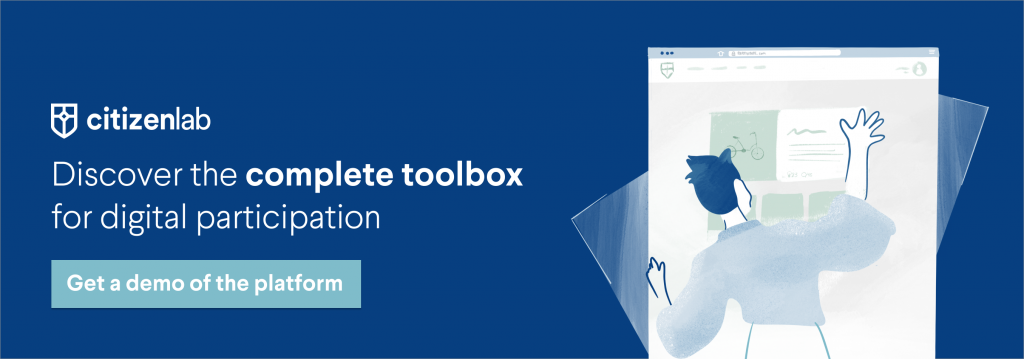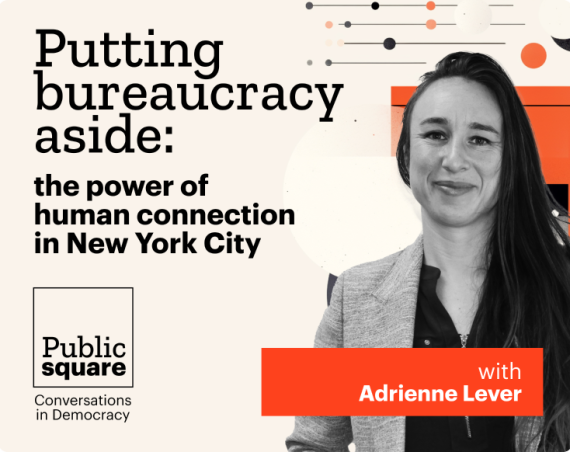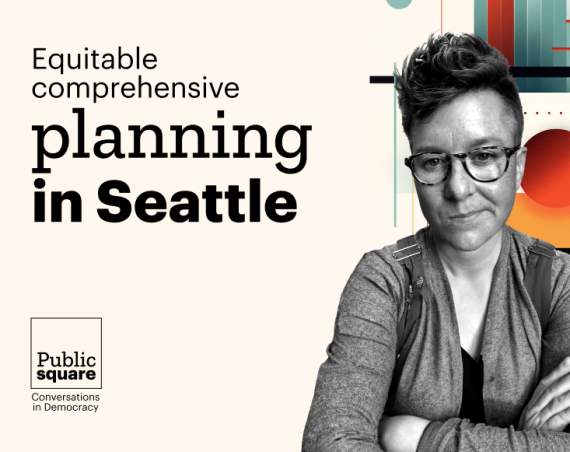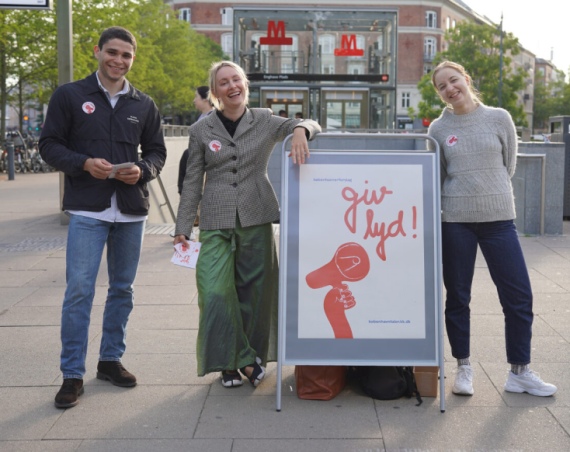The world has received a crash course in digital interaction and tools over the last couple of months. With social distancing as a catalyst for digital engagement, Civic Tech needs to invest in facilitating digital deliberation; a field that historically has not been its forte. But now is as good a time as any to change that!
The deliberative wave
Since multiple citizen assemblies contributed to solving complex policy issues, Civic Tech has been looking for ways to replicate these deliberative processes online. Deliberation is different from citizen participation as it aims to reach consensus by facilitating debate and discussion, whereas participation empowers citizens to take individual actions like voting or sharing ideas. Most online platforms facilitate these participative processes and even though this has resulted in reaching more citizens, deliberation is often hailed as more meaningful civic engagement.
“The design of citizens’ assemblies offers the best mechanism to (1) truly leverage collective intelligence, and (2) provide insight on what the population as a whole would think if they had the chance to learn about the issues at stake, hear different points-of-view, and discuss among themselves what the best policy option might be.”
Tiago C. Peixoto, Senior Public Sector Specialist at the World Bank
(read the full interview).
Due to social distancing measures, councils can currently not turn to offline deliberation. It’s undeniable that this crisis has fast-forwarded digital deliberation initiatives, but it is important this is not only seen as a substitute. It should be seen as an opportunity to install more deliberative processes for policymaking.
How to surf
The quest of bringing deliberation online is, luckily, not a lonely one. Civic Tech is rapidly developing news tools, participation professionals are experimenting, and thought leaders are sharing relevant insights. The OECD, for instance, initiated an insightful Participo series to share learning, such as the 4 elements to consider when facilitating digital deliberation:
- Timing: Synchronous or Asynchronous?
Do you want the discussion to take place in real-time? Many governments have been experimenting with video workshops, e.g. via Jitsi, as it has the most potential to mimic offline town halls. Clearly there remain differences: citizens have a shorter concentration span online, making it necessary to complement the video discussion with interactive methods like break-out sessions or voting. Asynchronous communications, like online forums, miss this real-time interaction but do provide citizens with more time for reflection – and don’t necessarily require a stable internet connection. - Privacy: Identification or anonymity?
Should participants be able to join the debate anonymously? Will this allow citizens to speak freely or create less trust within the discussion? In a video discussion, facilitating anonymity is not a desirable option, but for written deliberation, it is an option your council can consider. - (Written) Discussion: Conversation or visualisation?
When citizens post messages these can be organised temporally, as is the case in video chats, which makes it challenging to navigate the discussion. There’s less overview in the debate compared to when ideas are organised topically, which is, for instance, done by Kialo (asynchronous) and Synthetron (synchronous); both tools focus on written deliberation. - Moderation: Human or machine?
How will you moderate the discussion? Can someone from your team facilitate the discussion or will you rely on technology to analyse it afterwards? Digital deliberation provides the opportunity to utilize artificial intelligence such as natural language processing (NLP), which can cluster ideas and opinions at a large scale.
The current status
Despite the potential of digital deliberation has much potential, there are some challenges that still need to be tackled:
The digital divide
Unreliable internet connections or simply being uncomfortable with using new digital tools can exclude citizens from engaging. The digital divide and illiteracy should not withhold councils from investing in digital deliberation, yet they should so consciously. How?
- Ensure there is always a way for citizens to contribute to the discussion asynchronously as well, for instance by filling out a survey, voting or sharing their proposals in advance – actions which are less dependent on stable WiFi.
- Share documents clearly explaining the (technical) process in advance, or host pre-sessions to walk citizens through the technical settings.
- Stick to one tool. It allows both civil servants and citizens to get used to the technical aspect and ensures learned lessons will remain relevant for future deliberations.
Moderation toothing troubles
While there is ample opportunity for technology to enrich the discussion, we’re still lacking experience it utilizing it to the fullest. Moderating digital deliberation, whether by civil servants or technology, takes practice – and experience. We need pioneers to experiment with the options we have today, to discover the solutions for tomorrow.
Curious for more tips & tricks? We hosted a webinar together with the Democratic Society, where we talked about online deliberation. Read our recap or view the full recording.
Tides are changing
Despite the challenges a wind of change is blowing: digital deliberation is here to stay. Therefore, CitizenLab has developed online citizen workshops, a feature that:
- Hosts synchronous discussions via a secure video connection. During the workshops, you can decide to host plenary sessions, share relevant documents but also break-out in groups to discuss statements or topics more in detail.
- Entails extra engagement methods. At break-out sessions, the debate does not only have to continue via video, but citizens can also write their ideas, and allow others to vote on them. Later on, ideas can also visually be categorized to understand common trends.
- Allows workshops can be part of a larger participation timeline. As workshops are integrated into the participation platform (which also includes a variety of participation methods) it ensures there’s only one tool to master for both citizen and city.
Why did we develop this new feature? We see online citizen workshops as a long-term solution that will extend far beyond the days of social distancing. Taking your deliberation workshops online allows governments to reach a more diverse audience by being accessible from home. To assist civil servants in organizing deliberation workshops, we created a free guide that outlines the most important elements to take into account.
We’ll keep you posted on the developments and learnings of our online citizen workshop feature! Are you also experimenting with digital deliberation or eager to do so? Let’s talk!






